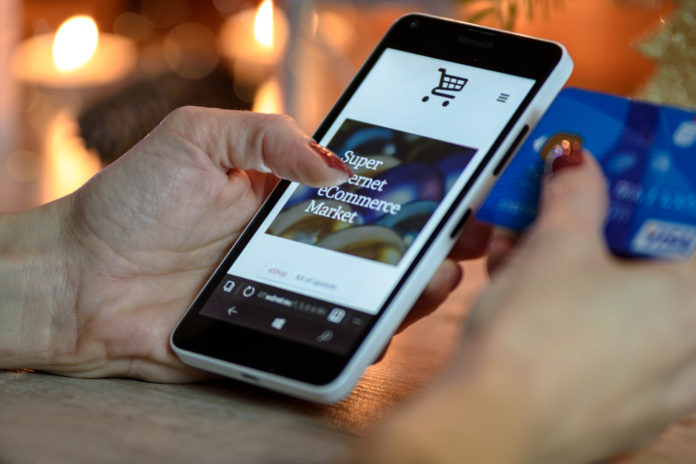Digital payments have received an unambiguous boost in Singapore, prompted largely by changes to shopping behaviour during the pandemic, according to the results of the UOB ASEAN Consumer Sentiment Study.
Seven in 10 consumers here said that since the onset of the COVID-19 virus, they have increased their use of digital or cashless payment methods, such as credit or debit cards, mobile banking apps and e-wallets.
Findings from the study have pointed to online shopping as the critical driver behind the shift to digital payments. Online shoppers formed 86 per cent of Singapore consumers using digital payments during the pandemic.
Of these consumers, 73 per cent reported an increase in their use of digital payment methods. Those who did not shop online still reported a rise in digital payments, but in smaller numbers, with 53 per cent saying they use digital payments more than they did before the pandemic.
Physical credit and debit cards, the dominant form of cashless payments in Singapore, saw the biggest increase, with 58 per cent of consumers saying they used them more frequently during the pandemic, ahead of mobile banking apps (47 per cent) and e-wallets (34 per cent). Consumers who said they have used cash more amid the COVID-19 crisis are the smallest group, at 30 per cent.
While observable differences among different age groups do exist, the rise of cashless payments has been high for all generations. Millennials saw the largest increase in such payments (77 per cent), ahead of Generation Z (73 per cent), Generation X (64 per cent) and Baby Boomers (61 per cent).
While consumers are ready to migrate to a digital payments experience, they have different expectations for other money matters such as financial planning, advisory and loans. Two in three Singaporeans said they would still value face-to-face interactions post-COVID-19 when it comes to managing more complicated financial matters.
This finding was also consistent with other ASEAN markets, where the majority of customers still wanted their bank to provide a physical and human connection for more complex banking needs.
Ms Jacquelyn Tan, Head of Group Personal Financial Services, UOB, said, “One of the biggest hurdles to a truly cashless society has been the ingrained behaviours of consumers, which are formed over many years and tend to shift only gradually. Digital payments went from being a convenience to an essential service following the swift and sudden impact of COVID-19 on our lives.
“While we expect a digital-first ‘muscle memory’ to remain for payments, customers are clear that they still want face-to-face interactions for other financial services. The challenge ahead, and one we have been focused on as part of our omni-channel approach, is to digitalise more of our processes and solutions without losing the human connection customers expect their bank to provide.”














